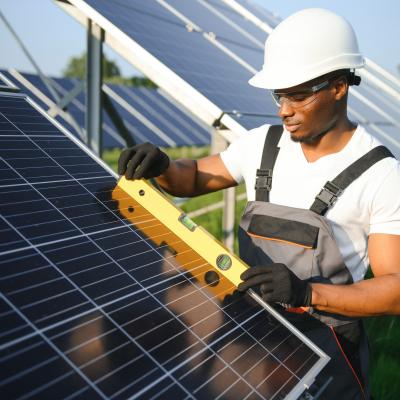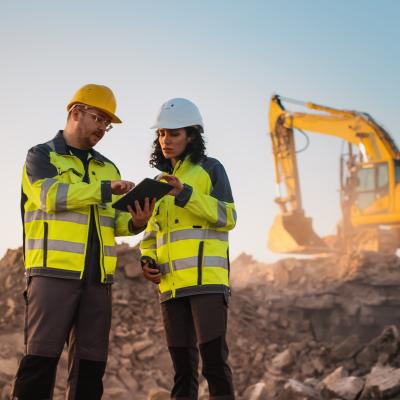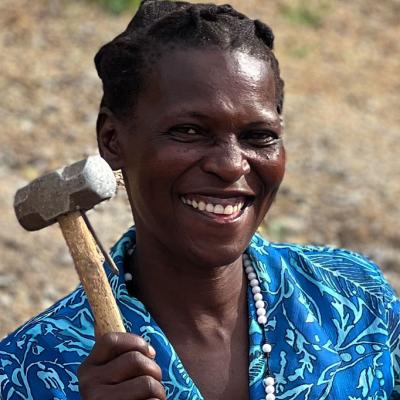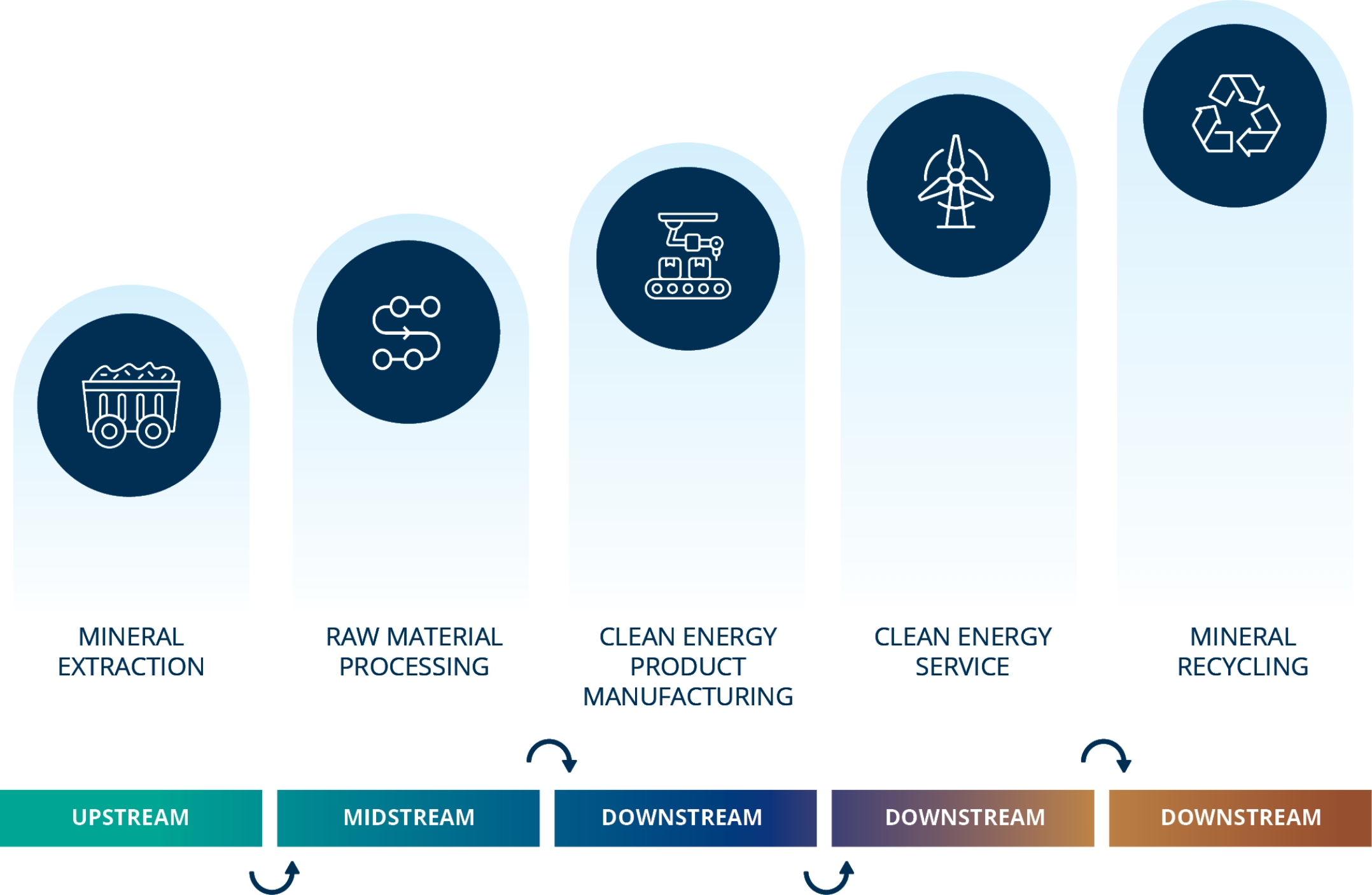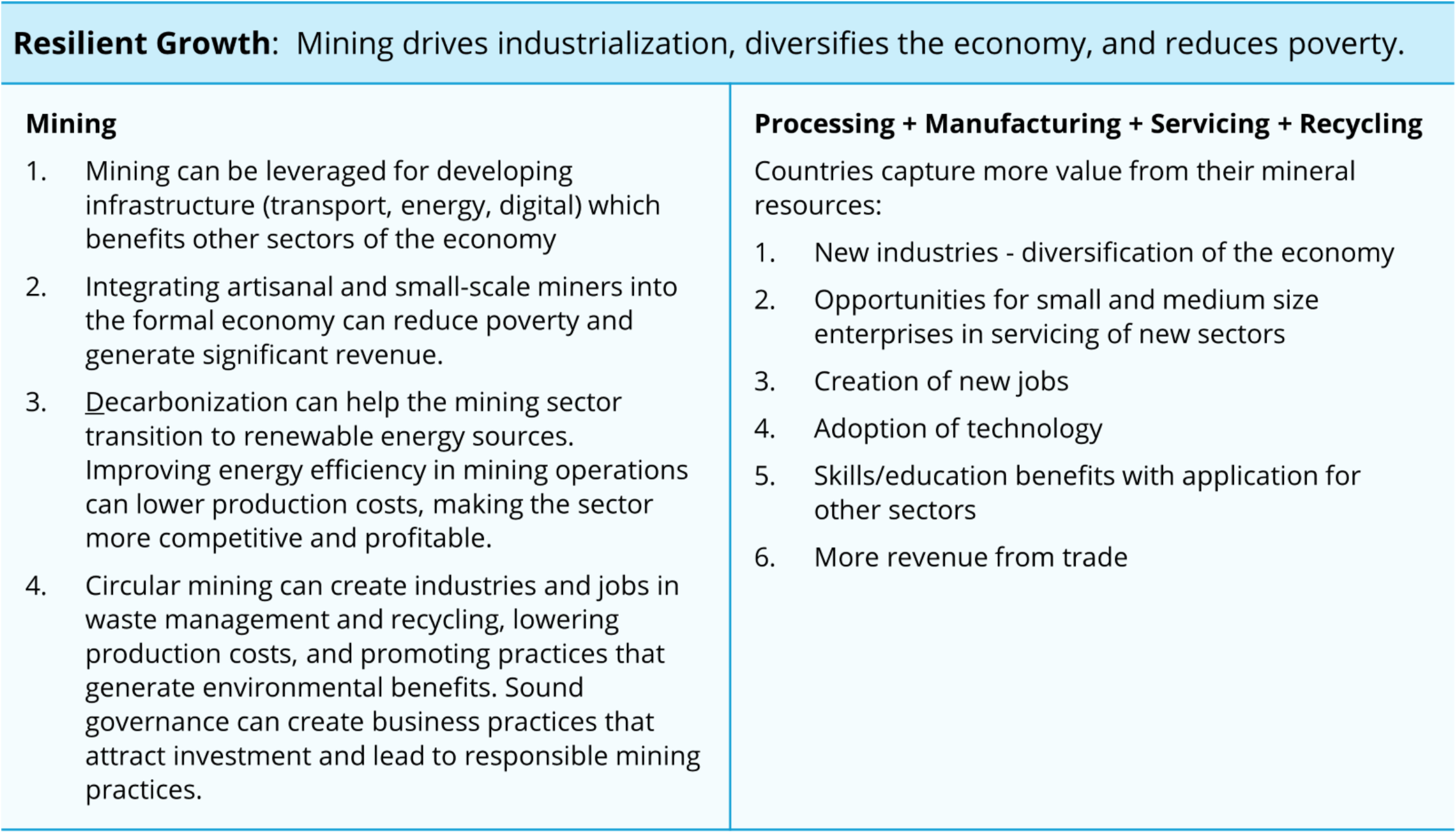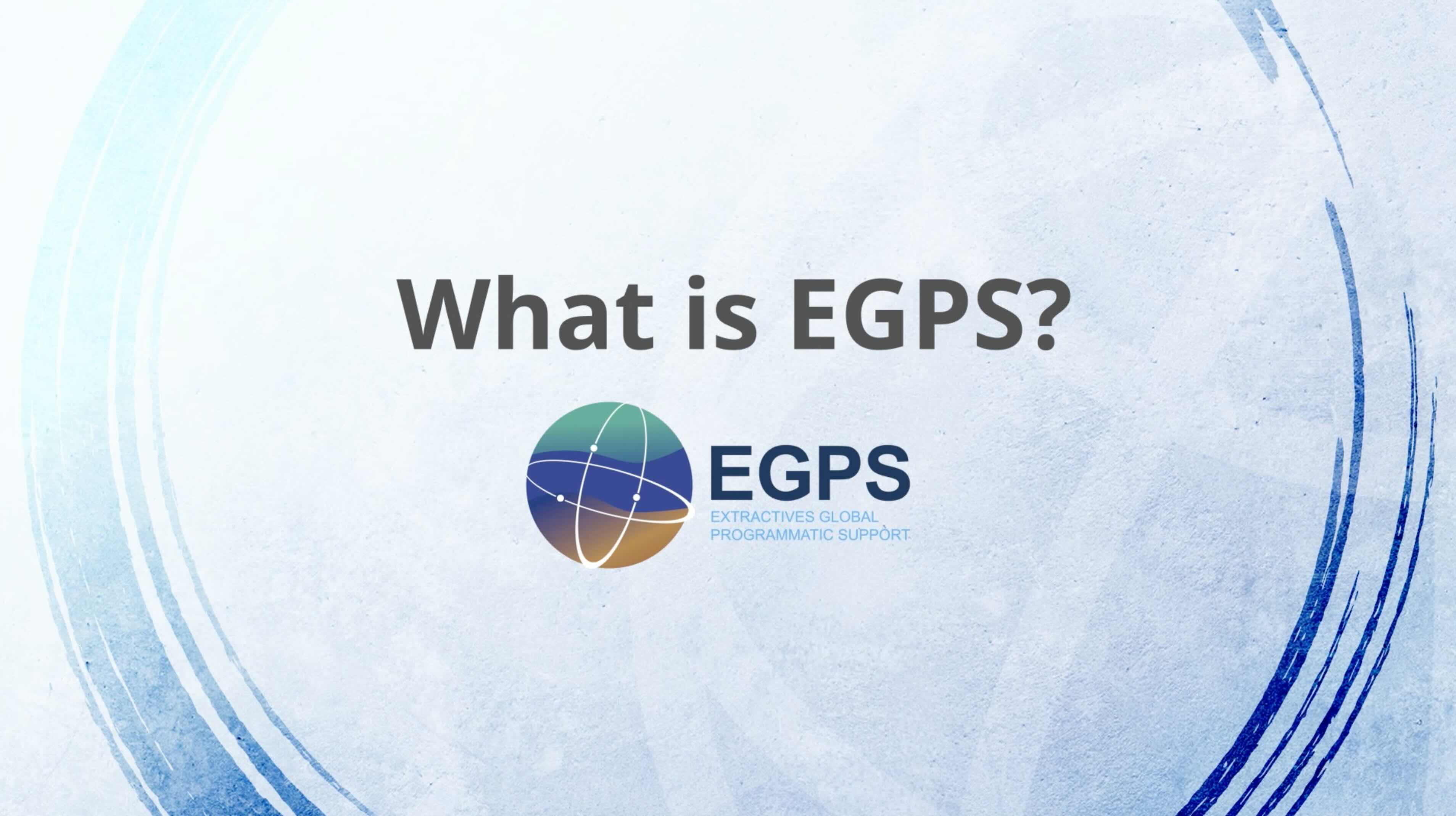Highlights
EGPS at a Glance
Learn how EGPS helps countries turn mineral resources into sustainable development opportunities through clean mining.
A Just Transition for Energy Minerals in Eastern and Southern Africa
A new EGPS-funded report explores social exclusion and fragility in Africa’s mineral-rich regions, providing justice-focused insights for policymakers and practitioners.
Minerals of Africa Report Released
The report explores how Africa’s mineral wealth can drive inclusive growth through investment, AI-powered exploration, and opportunities for local value addition.
Zambia’s Copper Opportunity: Can the Workforce Keep Up?
As Zambia aims to triple copper output by 2031, can its education system deliver the skilled workers needed for mining-led growth?
TICAD9 Yokohama Declaration
TICAD 9 Yokohama Declaration highlights RISE partnership as a key vehicle to advance responsible development of critical minerals with local value addition.
Prime Minister Ishiba’s Remarks at the Opening Session of TICAD9
Prime Minister Ishiba is underscoring cooperation with RISE to ensure stable supply of Africa’s abundant resources, including copper and cobalt.
G7 Elevates RISE Partnership
G7 Finance Ministers endorse World Bank RISE Partnership’s transformative role in driving economic growth for developing countries.
G7 Elevates RISE Partnership
G7 Finance Ministers endorse World Bank RISE Partnership’s transformative role in driving economic growth for developing countries.
Zambia Energy Transition Minerals roadmap
Learn how Zambia can harness its mineral wealth to support economic transformation with RISE and the World Bank
SPOTLIGHT ON LEGAL REFORM
Strengthening mining governance through Africa’s legal foundations


